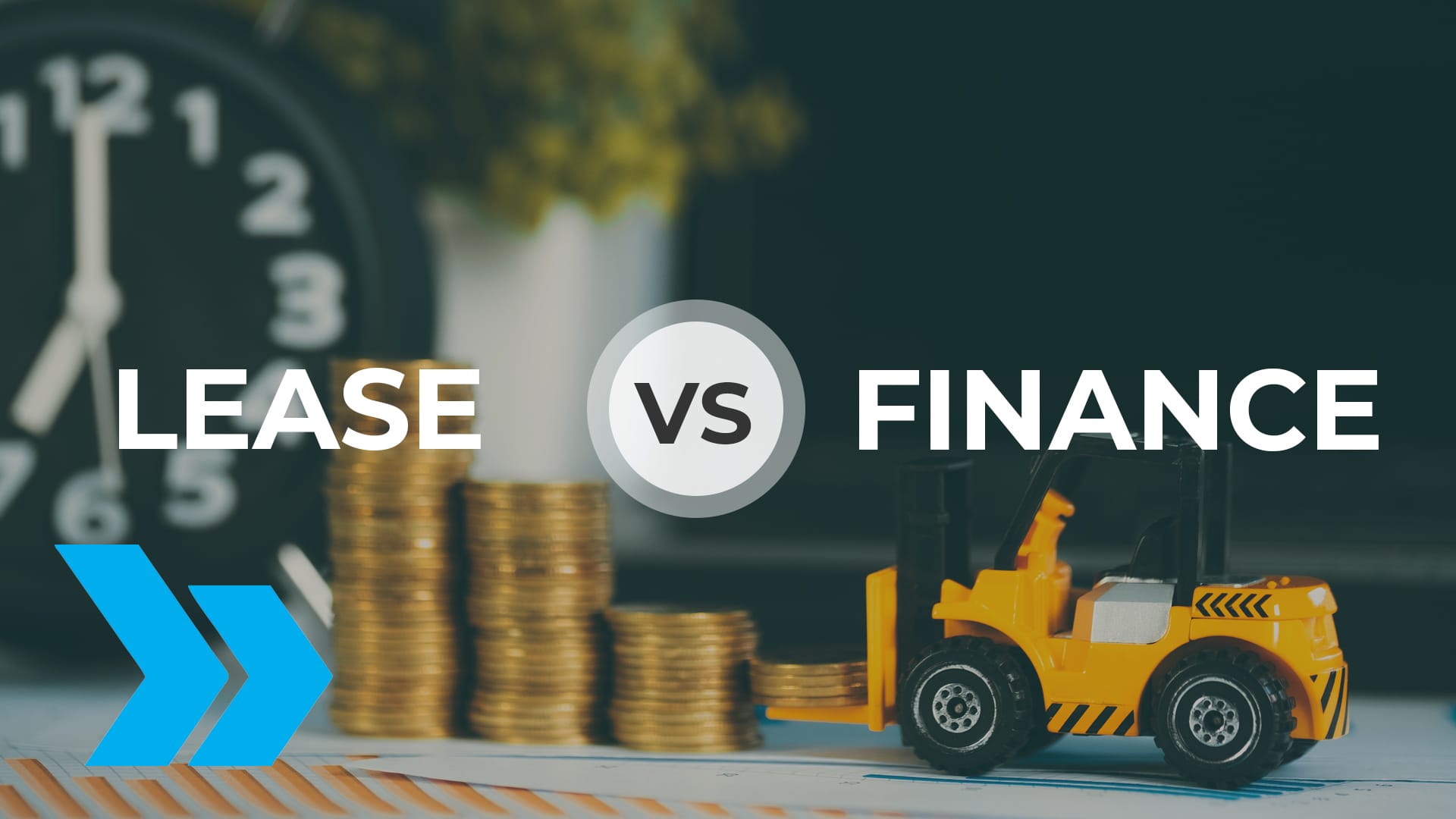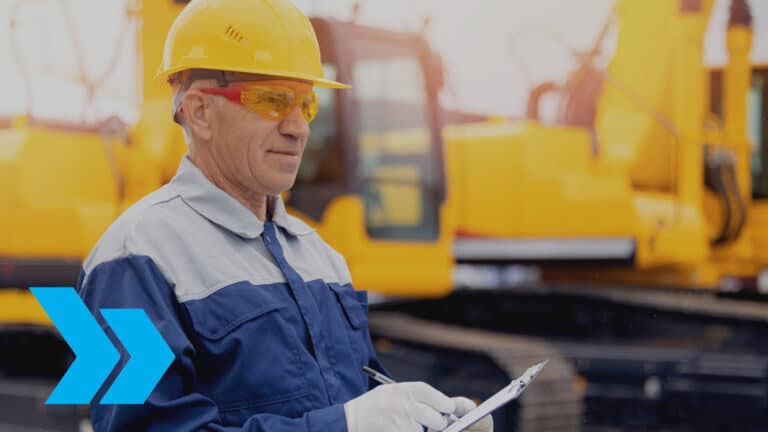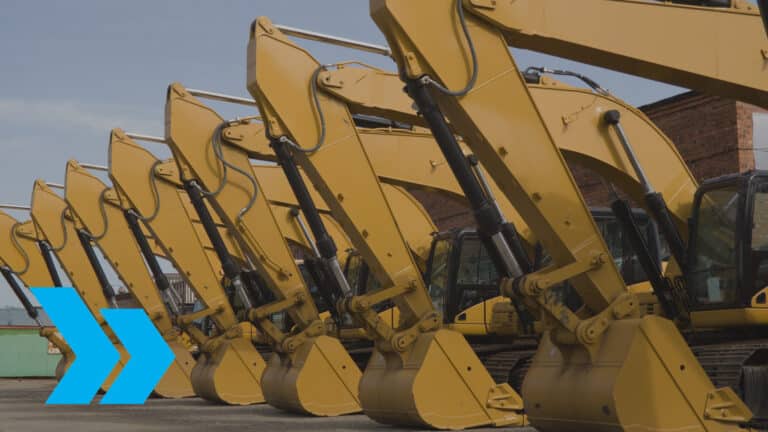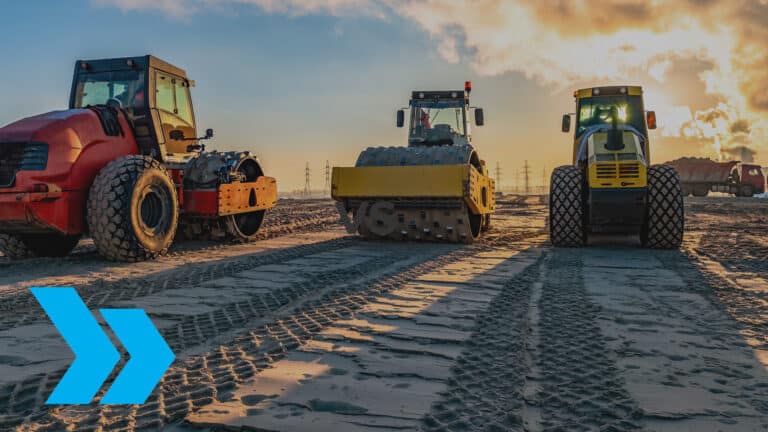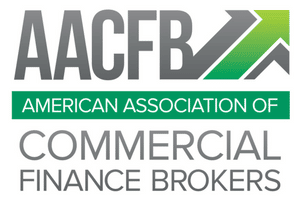When acquiring equipment and other assets for your business, there are two primary types of financing: operating leases and traditional financing solutions. Each type of funding has advantages and disadvantages, and the choice will depend on your business needs and financial situation.
Deciding whether to lease or buy business equipment can be a complex decision considering an asset’s cost, intended use, length of service, and the financial resources available to your business. Luckily, Bevel Financial is here to make the selection process easier.
Equipment Leasing and Rentals
Operating Leases
An operating lease is a short-term lease that allows you to use the equipment for a specific period, usually 12 to 36 months. The lender retains equipment ownership in an operating lease. At the end of the lease, you can return the equipment, extend your lease, or purchase the gear for fair market value. Our clients leverage operating leases to use an asset and return it in a similar condition to the lessor. This agreement benefits the lessee, particularly when it has expensive or tech-heavy equipment or other assets that your business replaces regularly.
The advantages of an operating lease include the following:
- Lower upfront costs: Operating leases usually cover 100% of the purchase price of your gear. Since you are not purchasing the equipment outright, the upfront costs associated with an operating lease are typically lower than those associated with a finance lease.
- More uptime, less maintenance: You can lease your industry’s latest equipment and technology with an operating lease. You rent brand-new equipment leading to greater efficiency, increased uptime, and less time paying for repairs and maintenance. An operating lease can be helpful for longer-term construction jobs, agriculture, and fields where efficiency and operational time are critical.
- Flexibility: Since operating leases are short-term, they offer greater flexibility than long-term financing options, allowing you to adapt to changes in your business and technology needs. At the end of the lease term, you can extend your lease, return the equipment to the leasing company, or purchase the gear at fair market value.
- Tax Benefits: An operating lease may allow you to deduct the entire cost of the lease payment, but you do not own the equipment for depreciation deductions. It is essential to consult with a tax professional before making a decision.
- Credit Requirements: Leasing companies typically have less stringent credit requirements than banks or other lenders, making leasing a good option for businesses with less-than-perfect credit.
Disadvantages of Operating Lease
The disadvantages of an operating lease include the following:
- Limited control: Since the leasing company retains ownership of the equipment, you have limited control over the equipment and may not be able to make modifications or alterations as needed.
- It’s a rental: You will not own the equipment by default at the end of the lease term. That means you cannot use the equipment as collateral for other loans or sell it to generate cash. Generally, you may purchase the equipment for fair market value at the end of the term, upgrade into a fresh lease on new equipment, or extend your lease if you still need the equipment.
Traditional Financing
Finance Leases & Term Loans
Traditional financing refers to a loan or lease to purchase business-related equipment, such as heavy equipment, commercial real estate, or aircraft. Traditional financing provides borrowers with a lump sum of cash upfront in exchange for specific borrowing terms. When you take out a term loan or finance lease, you’ll make periodic payments over a fixed term, including interest and principal. Borrowers agree to pay their lenders a fixed amount over a particular repayment schedule with either a fixed or floating interest rate. The life of the financing will vary based on what asset you’re financing, generally ranging from 36 to 360 months.
Advantages of Traditional Financing
The advantages of a finance lease include the following:
- Complete ownership: Since you purchase and pay for the equipment, you will own the equipment during and at the end of the financing term. Traditional financing gives you more control over the equipment and allows you to use it without restrictions.
- Tax benefits: Finance leases can offer tax benefits, such as depreciation deductions, which may help offset lease payments and business income. It is essential to consult with a tax professional before making a decision.
- Building equity: While finance leases may require a down payment, the initial out-of-pocket cost is much lower than purchasing the equipment outright. You’re also building equity in the assets with each consecutive payment, bolstering your balance sheet and business credit.
Disadvantages of Finance Lease
The disadvantages of traditional financing include the following:
- Higher upfront costs: The upfront costs associated with traditional financing can be higher than those associated with an operating lease because of potential down payment requirements. We always target 0% down at Bevel Financial.
- Maintenance and repair costs: With a finance lease, you are responsible for maintenance and repair, which can be costly and time-consuming on aging equipment.
- Limited flexibility: Since traditional financing solutions are generally long-term, you may be stuck with the payment for the life of the loan or have to pay off the remaining balance with cash or sale proceeds.
Ultimately, deciding to lease or buy equipment will depend on your circumstances and needs. You should consider both options when deciding to rent or purchase equipment. Our team at Bevel Financial is your decision-making consultant. Call us to learn how we can help finance purchases of all types.
